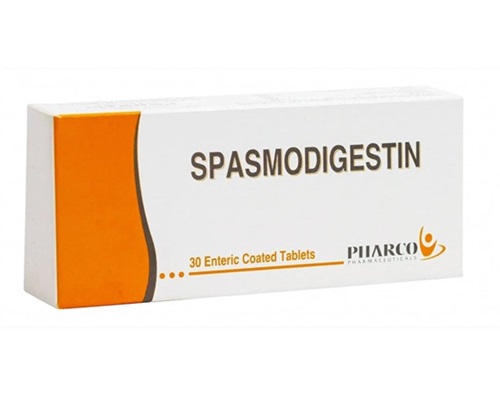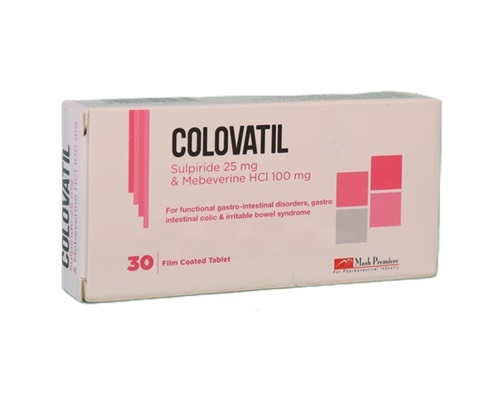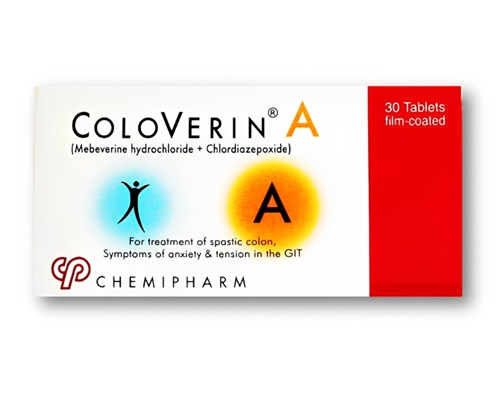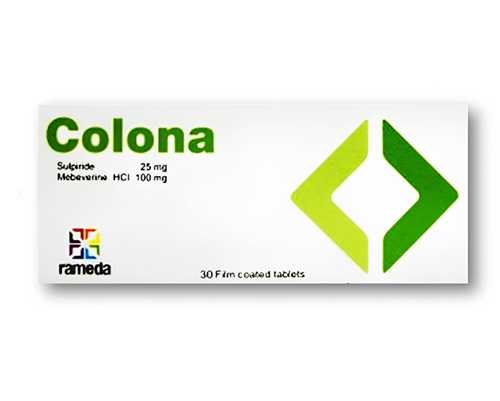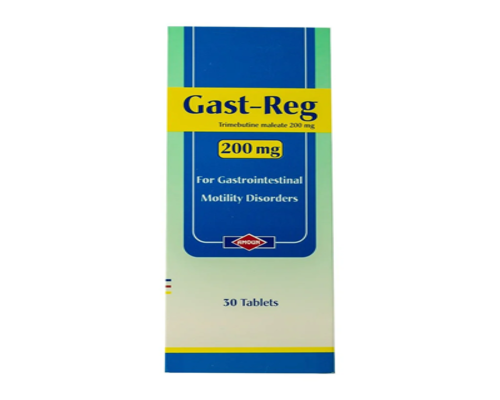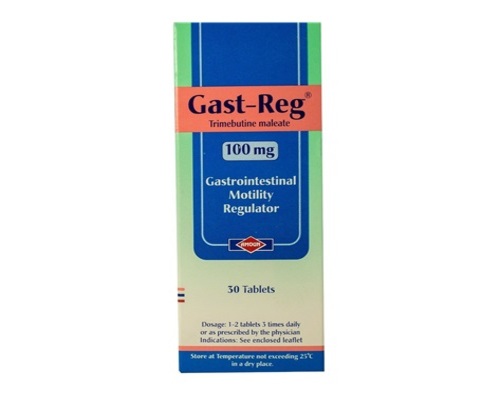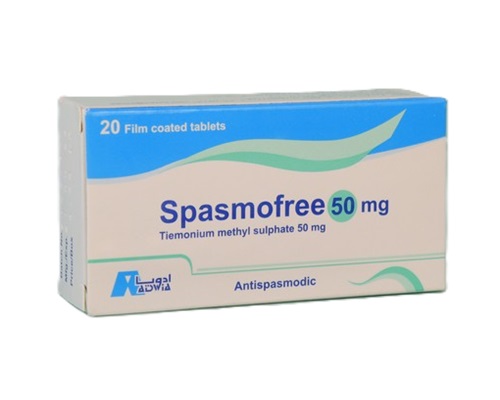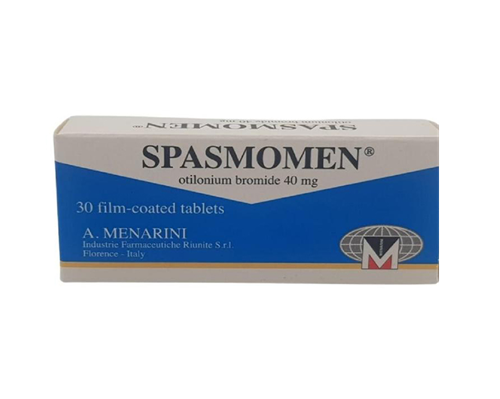Description
Trade name:
Spasmodigestin
Compound:
Each tablet contains:
Papain 100 mg.
Sanenzym 3500 36 mg.
Sodium dehydrocholate 10 mg.
Dicyclomine hydrochloride 5 mg.
Simethicone 30 mg.
Auxiliary components:
povidone K90, crospovidone, microcrystalline cellulose, colloidal silicon dioxide, dibasic calcium phosphate dihydrate.
Properties:
Spazmodygestin is a well-balanced combination drug with specific digestive, choleretic, antispasmodic and anti-inflammatory properties. It provides the body with papain, a proteolytic enzyme, in addition to sanzyme 3500, which is a multienzyme complex containing mainly protease, amylase, lipase and cellulase. These enzymes act on the food bolus in the gastrointestinal tract and catalyze its conversion into simpler and more easily digestible components. It has a choleretic effect through sodium dehydrocholate, which improves the outflow of bile necessary for emulsification and digestion of fats. The antispasmodic effect is due to dicyclomine hydrochloride, which quickly and effectively relieves spastic pain in the muscles of the gastrointestinal tract and intestinal hypermobility. The antimuscarinic and direct antispasmodic action of dicyclomine hydrochloride is explained by its high effectiveness in irritable bowel syndrome (spastic bowel). The drug has an anti-inflammatory effect due to simethicone, a powerful defoamer. Simethicone reduces the surface tension of gas bubbles in the gastrointestinal tract, causing them to shrink and be easily removed. At the same time, simethicone prevents the formation of gas pockets surrounded by mucus in the gastrointestinal tract. These properties together make it the drug of choice for rapid relief of indigestion, gastrointestinal spasms and flatulence.
Indications:
For acute functional dyspepsia, the maximum duration of treatment is 10 days.
Method of administration and dosage:
Take 1-2 tablets before each meal.
Contraindications:
Hypersensitivity to any of the ingredients of the product. Contraindicated in patients with prostate enlargement, in whom this may lead to urinary retention, as well as in patients with paralytic ileus or pyloric stenosis.
Precautions:
Caution is advised in patients with diarrhea. The drug should not be taken by patients with myasthenia gravis.
Pregnancy and lactation: the drug has not been sufficiently studied during pregnancy and breastfeeding, so its use is not recommended.
Side effects:
They are dose-dependent and usually reversible upon discontinuation of therapy. Dry mouth with difficulty swallowing, thirst, decreased bronchial secretion, dilated pupils (mydriasis) with loss of accommodation (cycloplegia) and photophobia, hyperemia and dry skin, transient bradycardia followed by transient bradycardia, tachycardia with increased heart rate and arrhythmia, difficulty urinating, and decreased tone and motility of the gastrointestinal tract, leading to constipation, may occur.
Storage method:
Store at a temperature not exceeding 30 degrees in a dry place, protected from light and out of reach of children.
Package:
The cardboard box contains 3 blisters of 10 tablets each and paper instructions.

